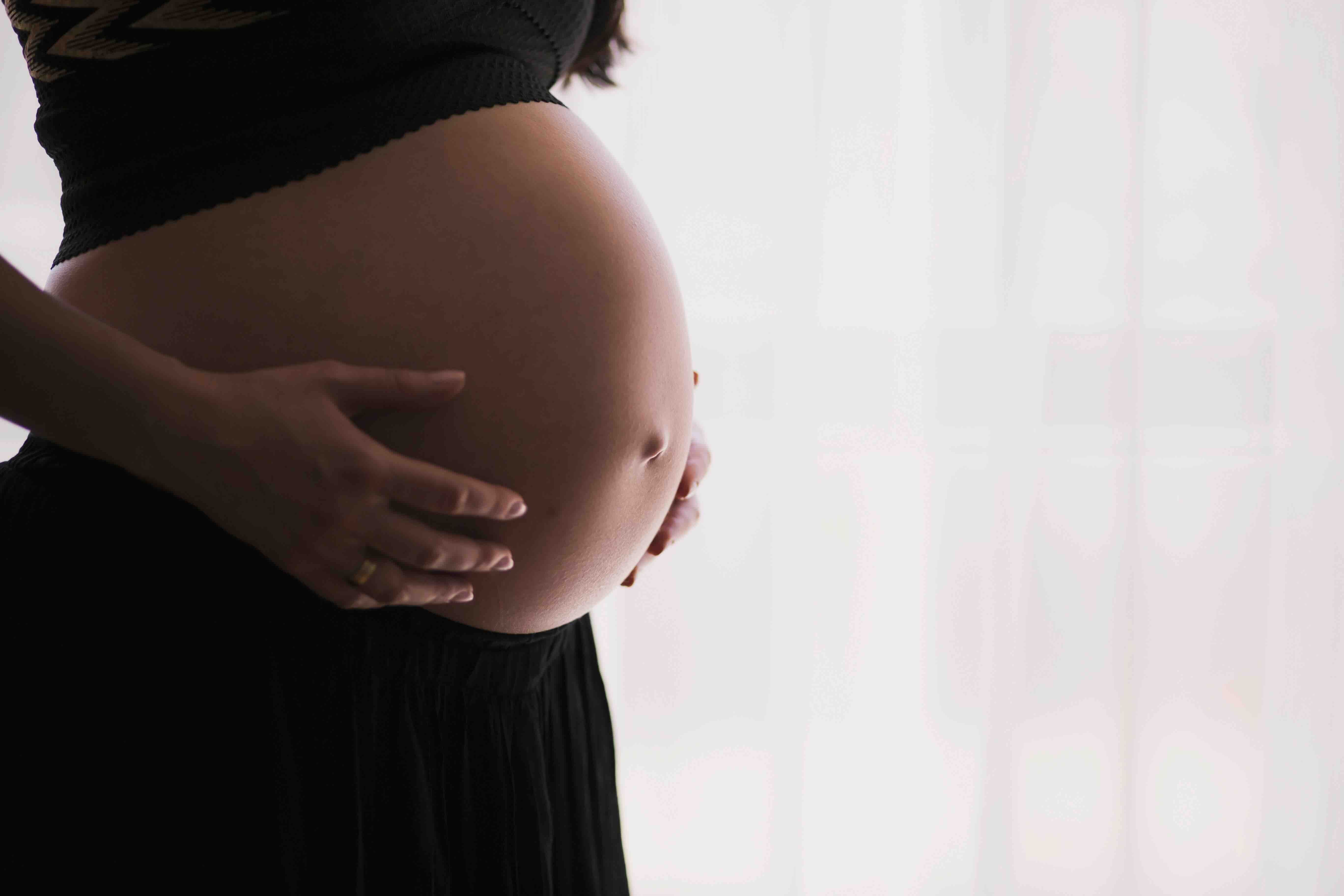Research study seeks care and support for grieving moms and their families
For the first time, the university sponsors a project wherein two disciplines collaborate: nursing and psychology

Much attention and resources have been channeled whenever a child is born into a family and it is just rightfully so. The circle of support of the newborn and her mother, including immediate family members, relatives, and friends, go out of their way to be safe and healthy. Even our government healthcare system extends support services to the mother and child. However, the same attention and support are lacking whenever a mother loses an infant in stillbirth or neonatal death.
A significant number of mothers and their families go through the grieving process that requires assistance as they navigate through difficult times.
According to the 2021 World Health Organization country key indicators, the Philippines has a stillbirth rate of 10.17 per 1000 births and a neonatal mortality rate of 12.28 (0-27 completed days of life) per 1000 births.
Moreover, the United Nations International Children's Emergency Fund released an article last January 2023 mentioning that the Philippines has an annual record of more than 25,000 stillborn babies.
Dr. Joemer Maravilla, adjunct faculty of the FEU Nursing Department explained that according to the Department of Health, the Philippine government has no specific projects on bereavement care for mothers who have experienced stillbirth and neonatal death.
To address the matter and develop a support system for grieving mothers and their families, the Far Eastern University (FEU) is spearheading the first Philippine research on stillbirth and neonatal deaths through its initiative “Continuing care in COVID-19 Outbreak: A global survey of New expectant and bereaved parent experiences (COCOON)”.
“The focus of the country, at the moment, is to help mothers with safe deliveries but in cases of loss, we have no guidelines or in-depth data on it in the Philippines. We know there are cases of stillbirth and neonatal losses, but we do not know the solutions or the coping strategies we can introduce to help the grieving parents. And that is one of the expected outcomes of our study,” said Dr. Maravilla. the COCOON supervising coordinator.
“COCOON Philippines is a collaborative project between FEU and the University of Queensland. It is a global project conducted in different countries. We are also collaborating with Mater Research Institute, King’s College London, and International Stillbirth Alliance,” added Dr. Maravilla.
Since the Philippines is one of its contributing countries, FEU is primarily funding COCOON Philippines through its University Research Assistance Grant (URAG), a university-wide research time and financial assistance to FEU academic researchers. The project is funded until 2026 and is headed by the principal investigator assistant professor Joycelyn Abiog Filoteo of the Nursing Department, with Dr. Ana Nelia Lopez Jumamil of the Psychology Department as co-leads.
For the first time, the university sponsors a project wherein two disciplines collaborate: nursing and psychology. It is also the first study in the country that aims to look at the social determinants of stillbirth and neonatal deaths to parents.
The study aims to involve 1,100 participants, composed of pregnant women, women who experienced stillbirth and neonatal death, and their partners, in this global initiative to improve women’s health and bereavement services may visit and leave messages. The data collection involves a mixed self-administered online and face-to-face survey in Metro Manila and Region IV-A (CALABARZON).
Research participants will receive P250 as compensation for their time taking the survey. The COCOON Philippines’ official Facebook (https://www.facebook.com/cocoon.
pinas) serves as the research’s avenue in looking for additional participants. Individuals who are interested in joining the study, or those who may know people interested in participating, may visit the page and leave messages.
Due to the sensitive nature of the study, links to the online survey will not be released publicly and will only be given to the successfully screened participants.